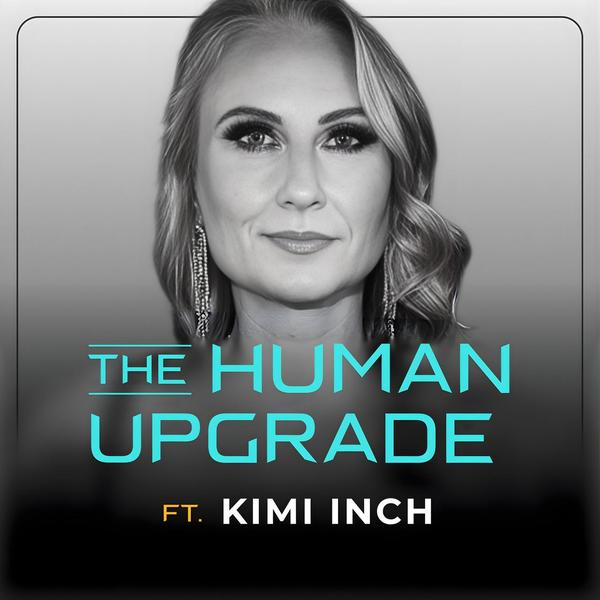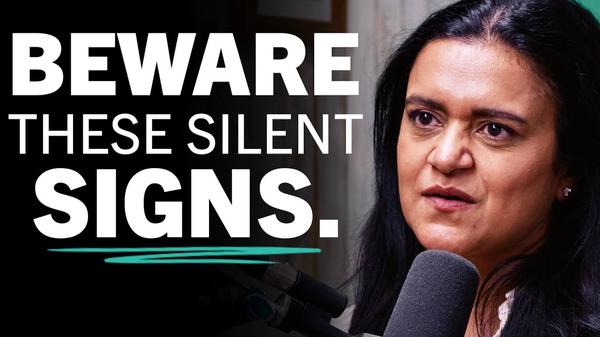Overcoming addictive behaviors, elevating wellbeing, thriving in an era of excess, and the scarcity loop | Michael Easter, M.A.
Peter Attia
Jan 8, 2024
Mindsip insights from this episode:
Practice deprivation to cultivate gratitude
The most effective way to feel grateful for something is to be deprived of it for a while, a practice that allows Benedictine monks to find immense joy in simple feasts.
Prioritize truth over seductive information for better understanding
Just as sacrificing nutrition makes food more delicious, sacrificing truth and nuance makes information more seductive and easier to consume.
Invest in gear to achieve meaningful goals, not just stuff
Frame purchases as 'gear,' an item that helps you accomplish a meaningful goal, rather than 'stuff,' which is often an impulse buy to fulfill a temporary desire.
Change environment to overcome addiction
When Vietnam veterans addicted to heroin returned to the U.S., 95% of them stayed clean, suggesting that a change in environment can override chemical dependency.
Break the scarcity loop to overcome addiction
Addictive behaviors are driven by a three-part system: an opportunity for a reward, unpredictable rewards, and the ability for quick repetition.
Ensure snacks have value, variety, and velocity for success
To make a snack food sell, the food industry ensures it has value (affordability), variety (intense flavors), and velocity (it's fast to eat).
Follow one-ingredient diet to prevent heart disease
A Bolivian tribe free of heart disease follows a diet where every food has only one ingredient, thus avoiding all ultra-processed foods.
More from
Peter Attia
AMA #78: Longevity interventions, exercise, diagnostic screening, and managing high apoB, hypertension, metabolic health, and more
Ketogenic diet, ketosis & hyperbaric oxygen: metabolic therapies for weight loss, cognition, Alzheimer's & more | Dom D'Agostino, Ph.D.
The evolutionary biology of testosterone: how it shapes male development and sex-based behavioral differences, | Carole Hooven, Ph.D.
The impact of gratitude, serving others, embracing mortality, and living intentionally | Walter Green (#288 rebroadcast)
Thyroid function and hypothyroidism: why current diagnosis and treatment fall short for many, and how new approaches are transforming care | Antonio Bianco, M.D., Ph.D.
You also might be interested in
The Hidden Damage That Happens "Behind-The-Scenes" In The Adult Entertainment Industry, With Former Adult Actress Felicity Feline
How to Set & Achieve Goals | Huberman Lab Essentials
The Science of Erotic Altered States | Biohacking Sex
Neuroscientist: If You’re Feeling THIS, You’ve Lost Touch With Your True Self
Neuroscientist: If You Feel THIS, You're Living the Wrong Life (Unlock The One You're Meant For)











